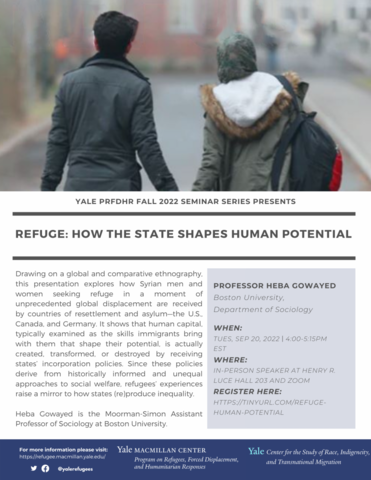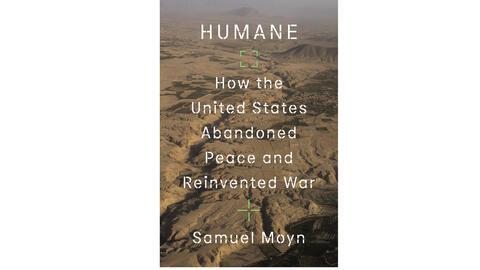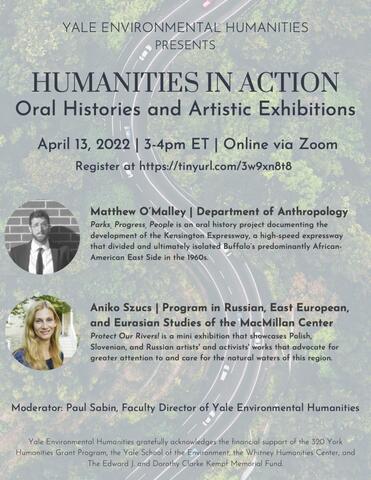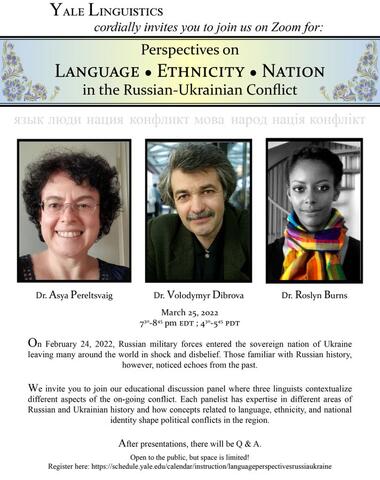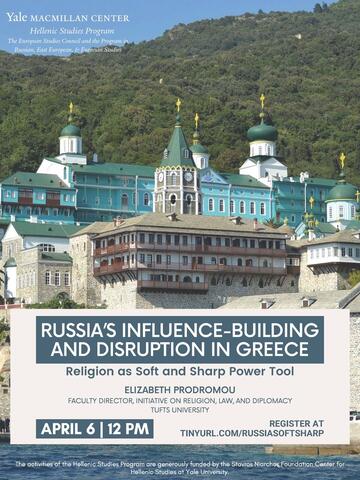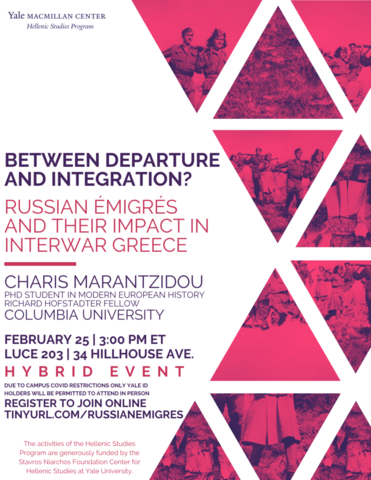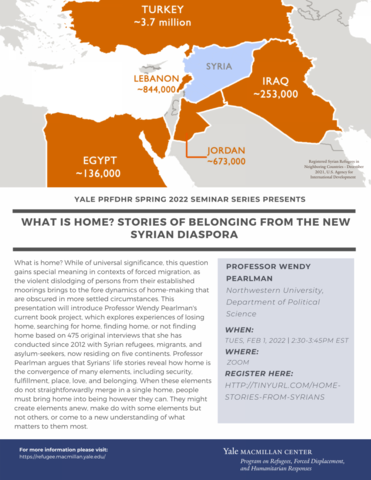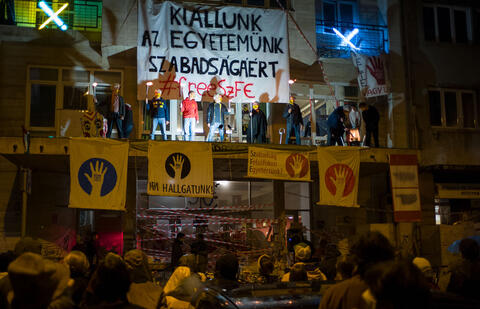What is home? While of universal significance, this question gains special meaning in contexts of forced migration, as the violent dislodging of persons from their established moorings brings to the fore dynamics of home-making that are obscured in more settled circumstances. Syria is a particularly illustrative case due to the staggering speed and scope of the displacement of millions of people, as well as the unparalleled variety of experiences that they are having in nearly every country across the globe. This presentation will introduce Professor Wendy Pearlman current book project, which explores experiences of losing home, searching for home, finding home, or not finding home based on 475 original interviews that she has conducted since 2012 with Syrian refugees, migrants, and asylum-seekers, now residing on five continents. Professor Pearlman argues that Syrians’ life stories reveal how home is the convergence of many elements, including security, fulfillment, place, love, and belonging. When these elements do not straightforwardly merge in a single home, people must bring home into being however they can. They might create elements anew, make do with some elements but not others, or come to a new understanding of what matters to them most. Doing so requires perseverance through adversity in order to grow an awareness of whom one really is and what gives one a sense of being anchored in the world. For those who do not have the privilege of taking home for granted, therefore, home is an achievement. Seeing home in this light exposes the hollowness of discourse that either accuses migrants and refugees of living easy on social benefits or that tokenizes the successes of migrant doctors, entrepreneurs, or star pupils who defy the odds to earn social accolades. Instead, it considers how simply arriving at the point where one feels at home is itself a feat worthy of recognition. To be cast out into the world and search for home anew is an act of courage. To find home is a gift worth celebrating. To persevere without it is a reflection of strength worthy of recognition and respect.
Wendy Pearlman is Professor of Political Science at Northwestern University, where she holds the Charles Deering McCormick Professorship of Teaching Excellence and specializes in Middle East politics. Her research has focused on comparative politics, social movements, political violence, refugees and migration, emotions and mobilization, and the Arab-Israeli conflict. She is the author of four books: Occupied Voices: Stories of Everyday Life from the Second Intifada (Nation Books, 2003), Violence, Nonviolence, and the Palestinian National Movement (Cambridge University Press, 2011), and Triadic Coercion: Israel’s Targeting of States that Host Nonstate Actors (with Boaz Atzili, Columbia University Press, 2018) and We Crossed a Bridge and It Trembled: Voices from Syria (HarperCollins, 2017). Her new book about Syrian narratives of homes is under contract with Liveright.


